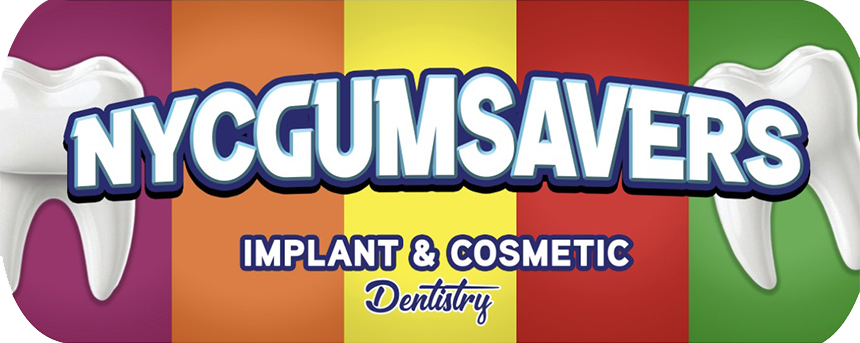Are you experiencing jaw stiffness, popping or clicking noises when opening or closing your mouth, or chronic headaches and neck discomfort? You may be dealing with a temporomandibular joint disorder (TMJD).
According to the National Institute of Dental and Craniofacial Research (NIDCR), TMJDs are the most common source of chronic facial pain and jaw dysfunction. In fact, it is estimated that more than 10 million people in the United States are affected by these disorders.
Understanding Your Jaw: The Role of the Temporomandibular Joint
Your jaw is a complex system, with two temporomandibular joints connecting your lower jaw to the temporal bone on each side of your skull. These joints, along with the associated muscles, ligaments, and tendons, work together to facilitate all manner of oral function, including chewing, speaking, yawning, and more.
The temporomandibular joint is unique in that it allows for hinge-like movements both up and down, as well as side to side and front to back sliding motions. This combination of motion makes the TMJ one of the most complicated joints in the body and also one of the most challenging to treat when problems arise.
The Many Faces of TMJ Disorders
TMJ disorders can present themselves in a variety of ways, falling into one or more of these categories:
- Myofascial pain: Refers to jaw pain caused by increased muscle tension and spasms.
- Internal derangement: Involves displacement of the disc within the joint, jaw dislocation, or trauma to the condyles of the jaw.
- Degenerative joint disease (Arthritis): Arthritis in the TMJ joint can cause pain and dysfunction.
Risk factors for developing a TMJ disorder include long-term teeth grinding or bruxism, jaw injuries, and certain types of arthritis such as rheumatoid arthritis and osteoarthritis. Common symptoms can vary significantly among individuals, including earaches, ringing in the ears (tinnitus), headaches, neck and back pain, vertigo, muscle spasms, joint tenderness, jaw pain or stiffness, popping or grating sounds with jaw movement, jaw locking, and limited jaw movement. Depending on the individual, TMJ disorders can either resolve quickly or persist despite extensive treatment.
Restoring Your Jaw's Health and Comfort
While living with a TMJ disorder may feel frustrating, there is hope. At Kramer and Kramer Dental, our dedicated staff provides the diagnostic care and treatment options needed to help individuals suffering from TMJ problems get back on track towards better oral health and function. Our practice takes an individualized approach to treating patients with TMJ disorders by providing personalized care based on their specific needs.
Treatment options may include:
- Occlusal equilibration: Adjusting the way your teeth fit together to help alleviate strain on the jaw joints.
- Oral appliances: Wearing night guards or other custom-fit oral devices can help prevent further damage and discomfort by protecting the teeth and jaw joints during sleep.
- Restorative care: In some cases, dental restorations such as crowns, bridges, or implants may be recommended to address underlying dental issues that could be contributing to TMJ problems.
In all instances, the goal of treatment is to alleviate pain and restore normal jaw function. Our practice is committed to providing compassionate care and working with each patient to achieve optimal oral health outcomes.
Are you tired of living with TMJ discomfort? Let us help you find relief. Contact us today to schedule an appointment and take the first step towards better jaw health and comfort.




